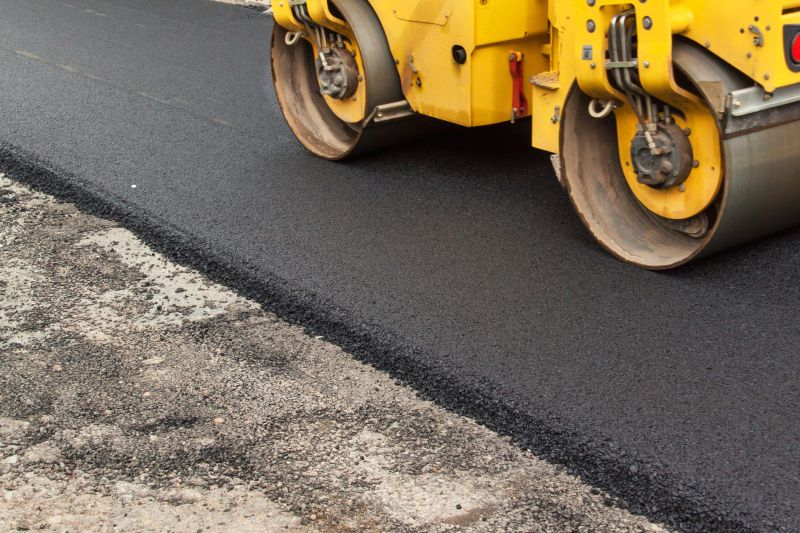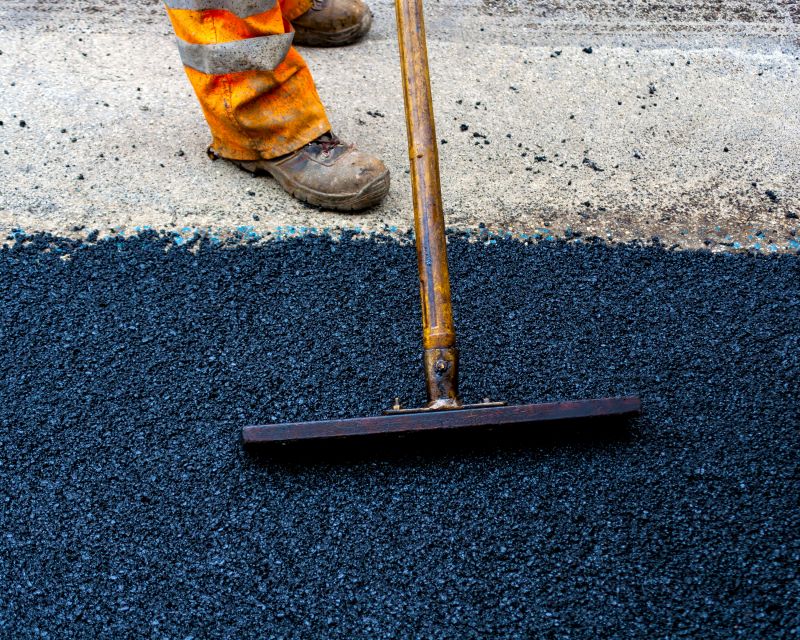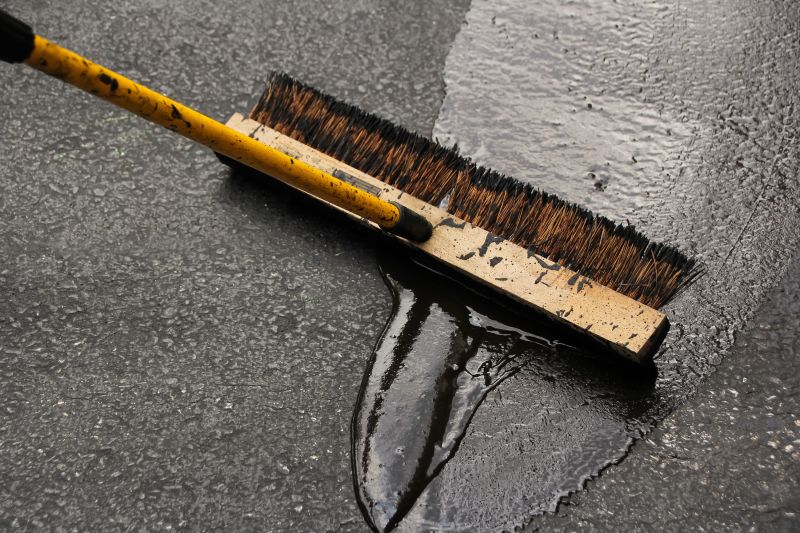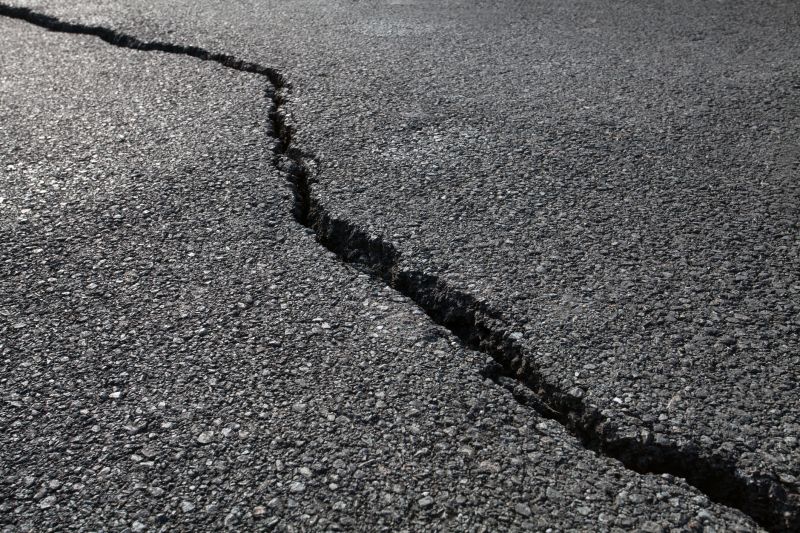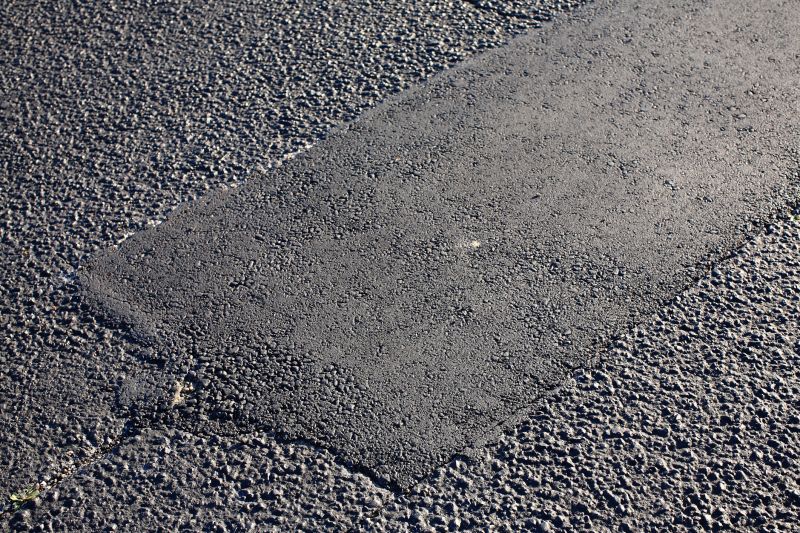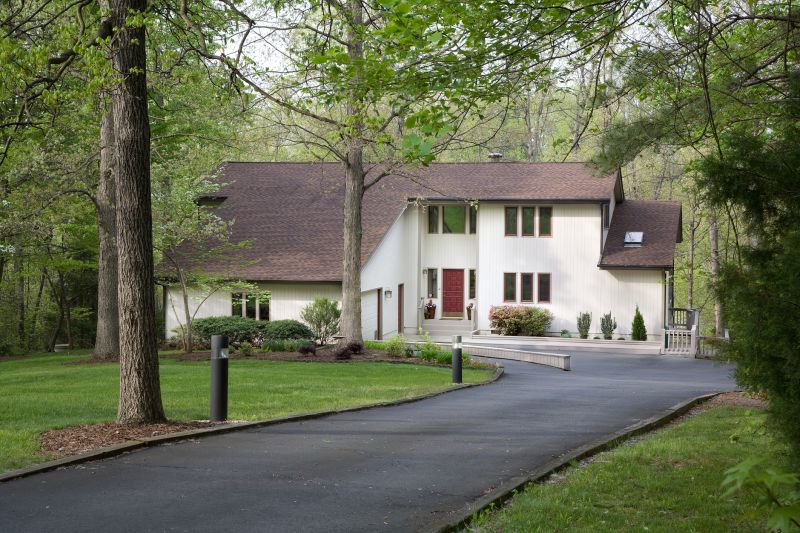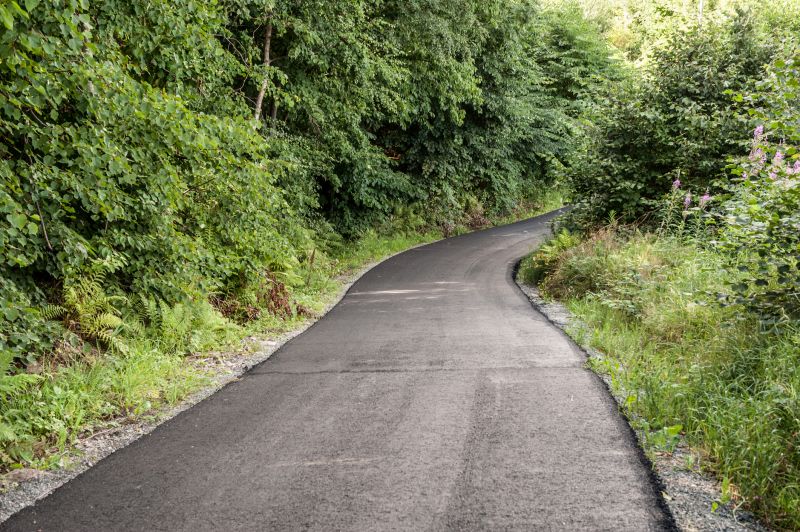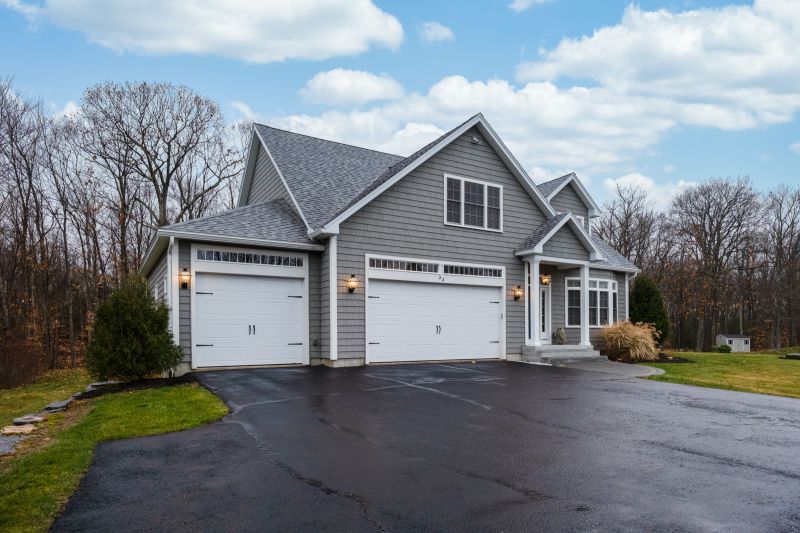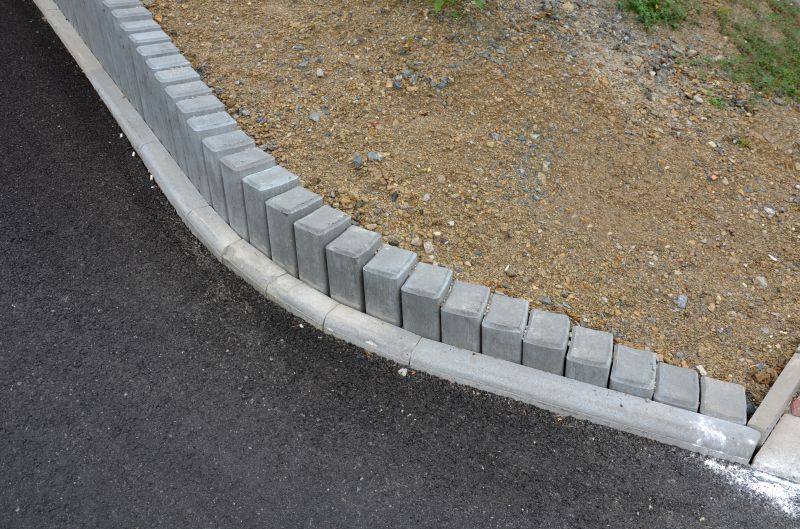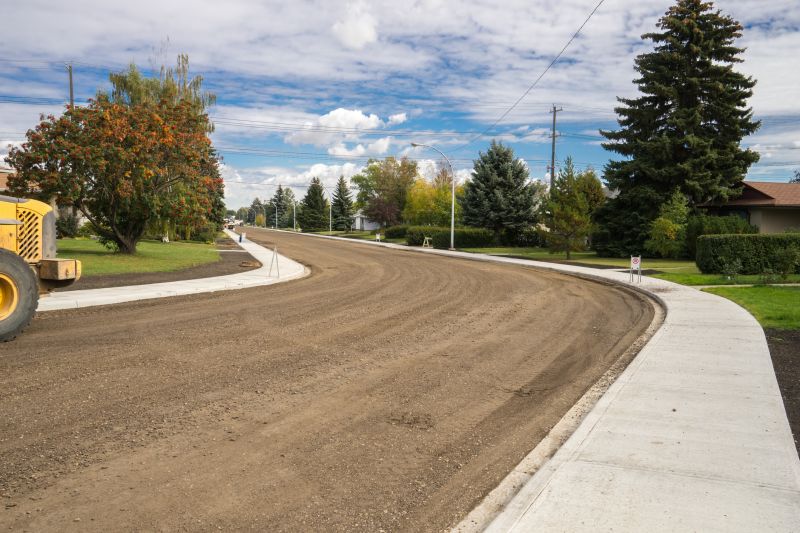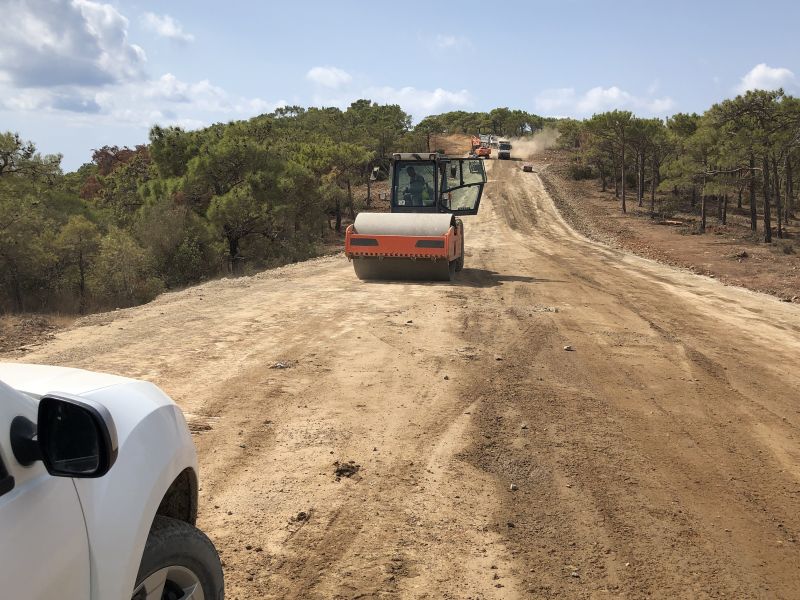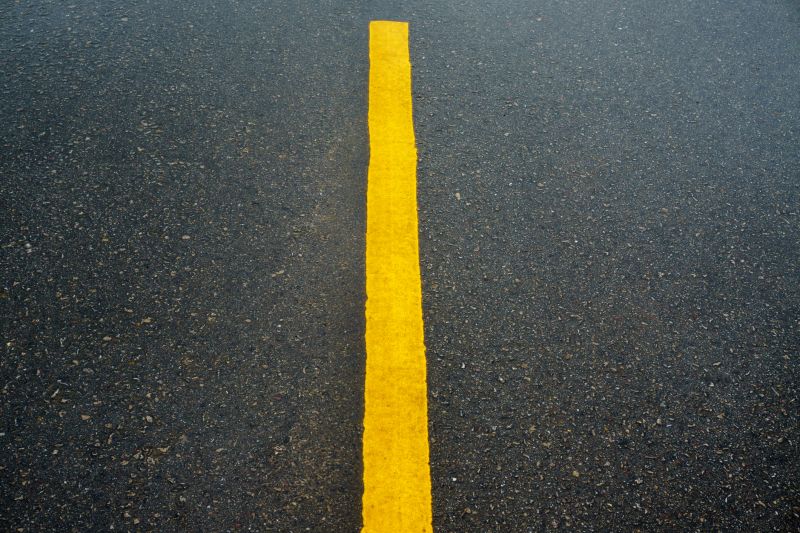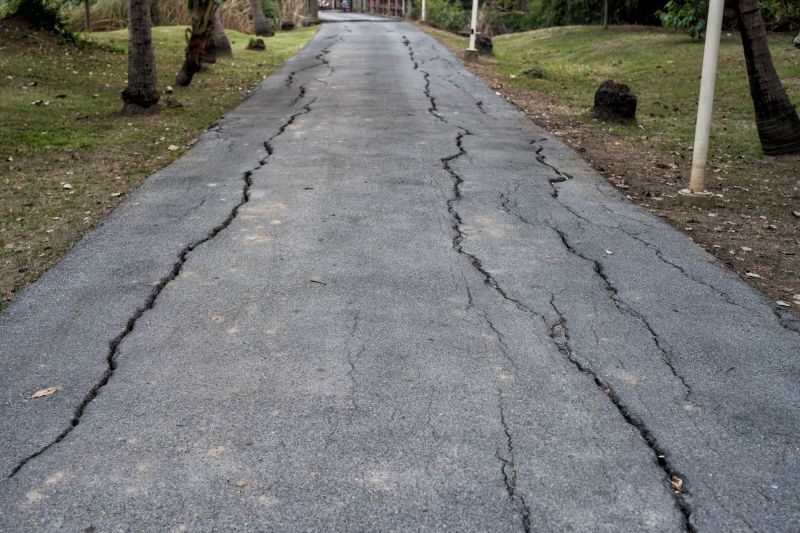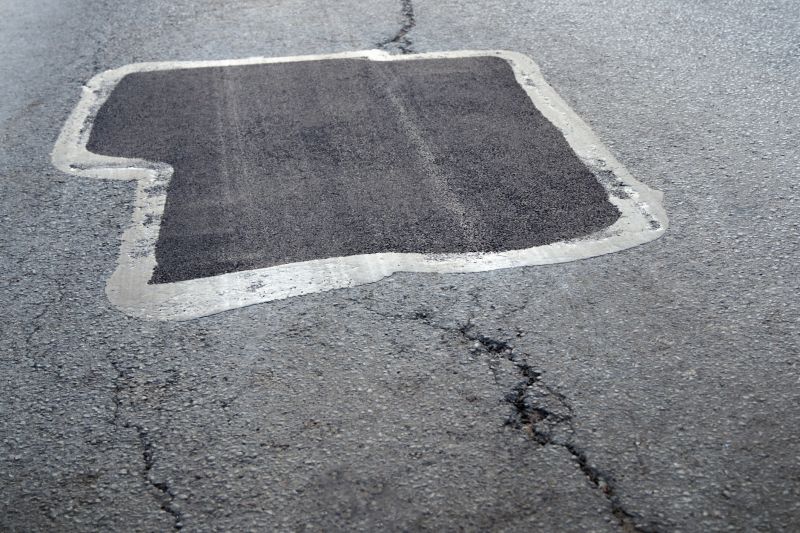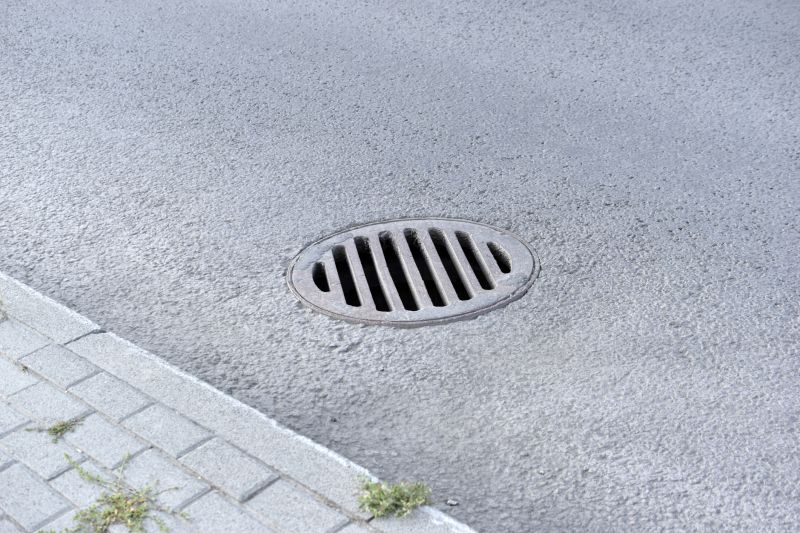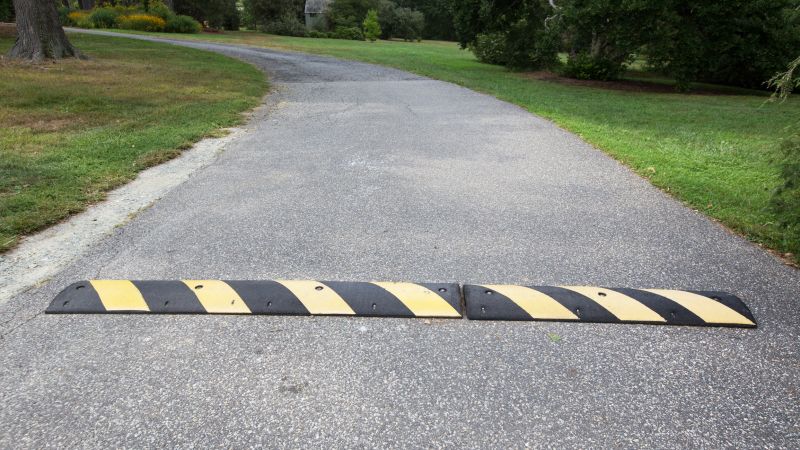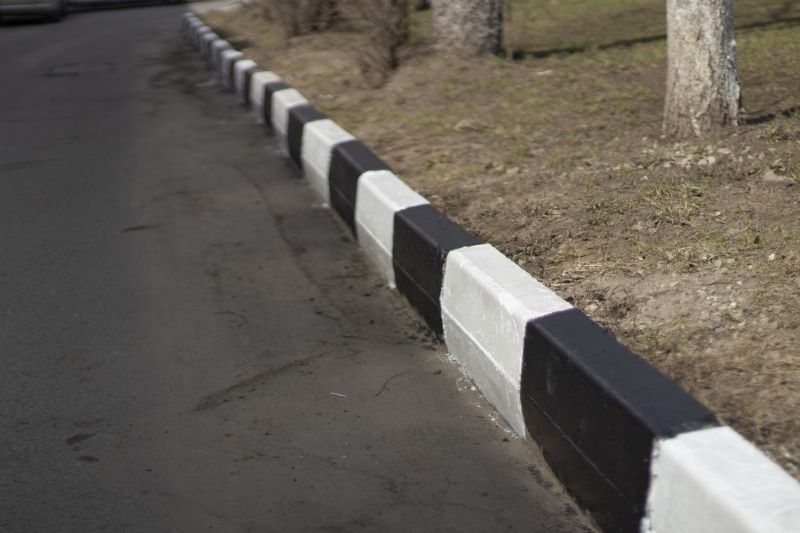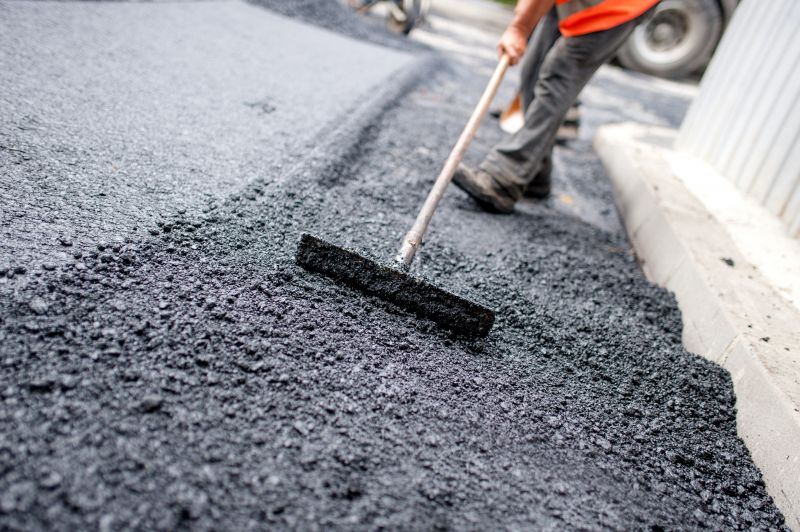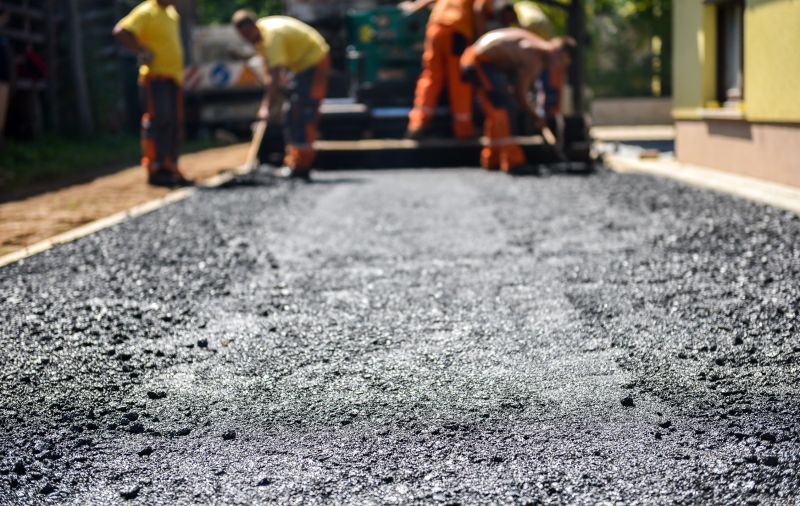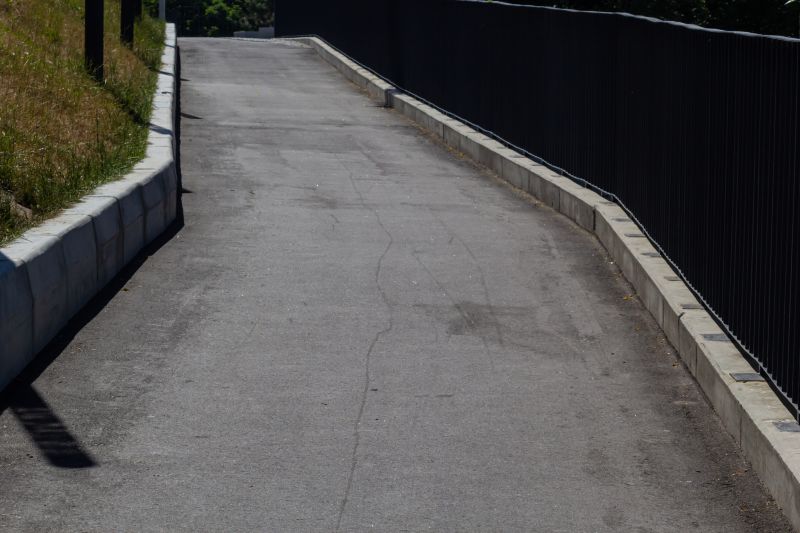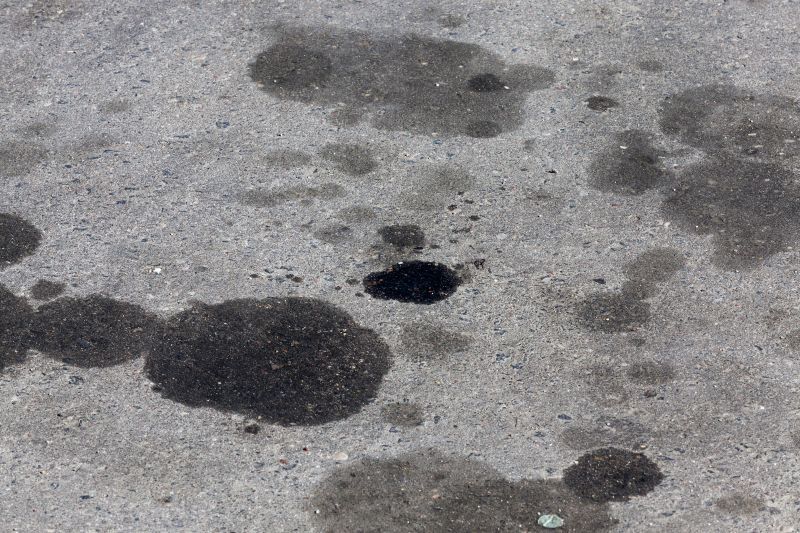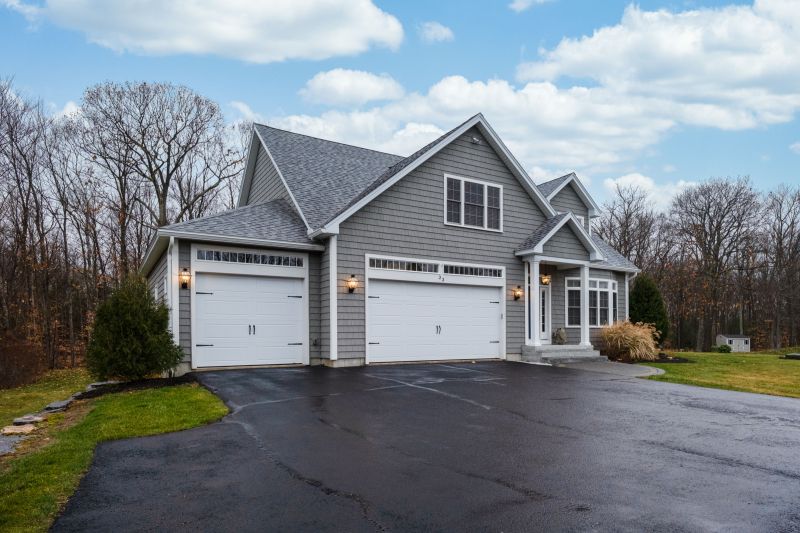Asphalt Driveway Drainage Quotes
Get help with your asphalt driveway drainage needs. Fill out the form above and we will connect you with local pros in your area. When it comes to ensuring proper water drainage for your asphalt driveway, opting for professional asphalt driveway drainage services can offer numerous benefits. Effective asphalt driveway drainage helps prevent water accumulation, which can lead to costly damages such as cracks, potholes, and deterioration. By directing water away from the surface and foundation of the driveway, asphalt driveway drainage promotes longevity and durability. This system helps to prevent standing water, which can also attract pests and cause safety hazards. With proper asphalt driveway drainage, you can maintain a smooth and functional driveway, enhancing both the aesthetic appeal and functionality of your property.
Asphalt driveway drainage is an essential component of a well-designed and properly functioning driveway. It refers to the process of effectively channeling and redirecting water away from the surface of an asphalt driveway to prevent pooling and potential damage. Proper asphalt driveway drainage helps to minimize the risk of cracks, potholes, and other structural issues caused by water accumulation. By implementing efficient drainage systems, such as sloping the driveway surface and installing appropriate drainage channels, homeowners can ensure the longevity and durability of their asphalt driveways. Effective asphalt driveway drainage promotes water flow, prevents water-related damage, and maintains the overall integrity of the driveway.
Asphalt driveway drainage is an essential component of a well-designed and properly functioning driveway. It refers to the process of effectively channeling and redirecting water away from the surface of an asphalt driveway to prevent pooling and potential damage. Proper asphalt driveway drainage helps to minimize the risk of cracks, potholes, and other structural issues caused by water accumulation. By implementing efficient drainage systems, such as sloping the driveway surface and installing appropriate drainage channels, homeowners can ensure the longevity and durability of their asphalt driveways. Effective asphalt driveway drainage promotes water flow, prevents water-related damage, and maintains the overall integrity of the driveway.

